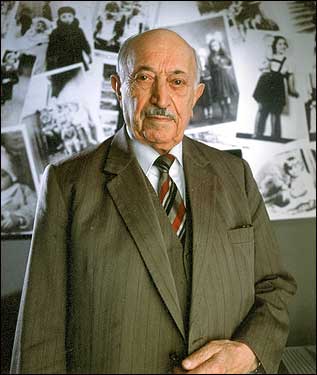
Simon Wiesenthal, a Jew who lived through the atrocities of World War II, wrote a compelling book called The Sunflower, addressing the human struggle with guilt. In it he recounts how he had once been taken from a death camp to a makeshift Nazi hospital and brought to the bedside of a Nazi officer who had been mortally wounded and would soon die. The officer, in a pained whisper, told Wiesenthal that he had ordered an entire Jewish village to be burned to the ground with all its inhabitants still trapped inside its structures. The screams of the men, women and children who died at his command now haunted him in his waking moments and hung heavy on his conscience.
The officer then confessed to Wiesenthal that he had asked for a Jew to be brought to his bedside because he longed to seek forgiveness from one whose people he had killed. However, despite repeated and heart-felt pleas for pardon, Wiesenthal could not bring himself to say the words. He had himself lost 89 of his own relatives at the hands of the Nazis, and he would eventually walk away from the officer's side without offering any words of forgiveness.
My heart breaks at hearing this story. The pain of guilt and loss is so poignant in its telling that I can't help but feel pity for both men. To my knowledge, both men lived out the remainder of their lives (one much shorter than the other) in relatively unchanged positions of unforgiveness and without Christ. How I long for the story to end instead with Wiesenthal declaring to the man, "You are right to ask forgiveness, but I am not the Jew you should be asking it of!"
However, at the very moment that I begin feeling fit to pass judgement about how the story "should" have ended, my sense of introspection kicks into high gear. How can I condemn the officer when I am in the same state of sinfulness and guilt until the forgiveness of Christ takes over? How can I vilify Wiesenthal when I (a new creation in Christ) am so often unforgiving? As Jesus illustrated in his parable, shouldn't we who have been forgiven so great a debt of guilt in turn forgive those indebted to us? Let the breaking of our hearts at this story be the impetus to drive us to an unnatural forgiveness, one that can pardon anything because we have been forgiven everything!
Matthew 18:23-35














No comments:
Post a Comment